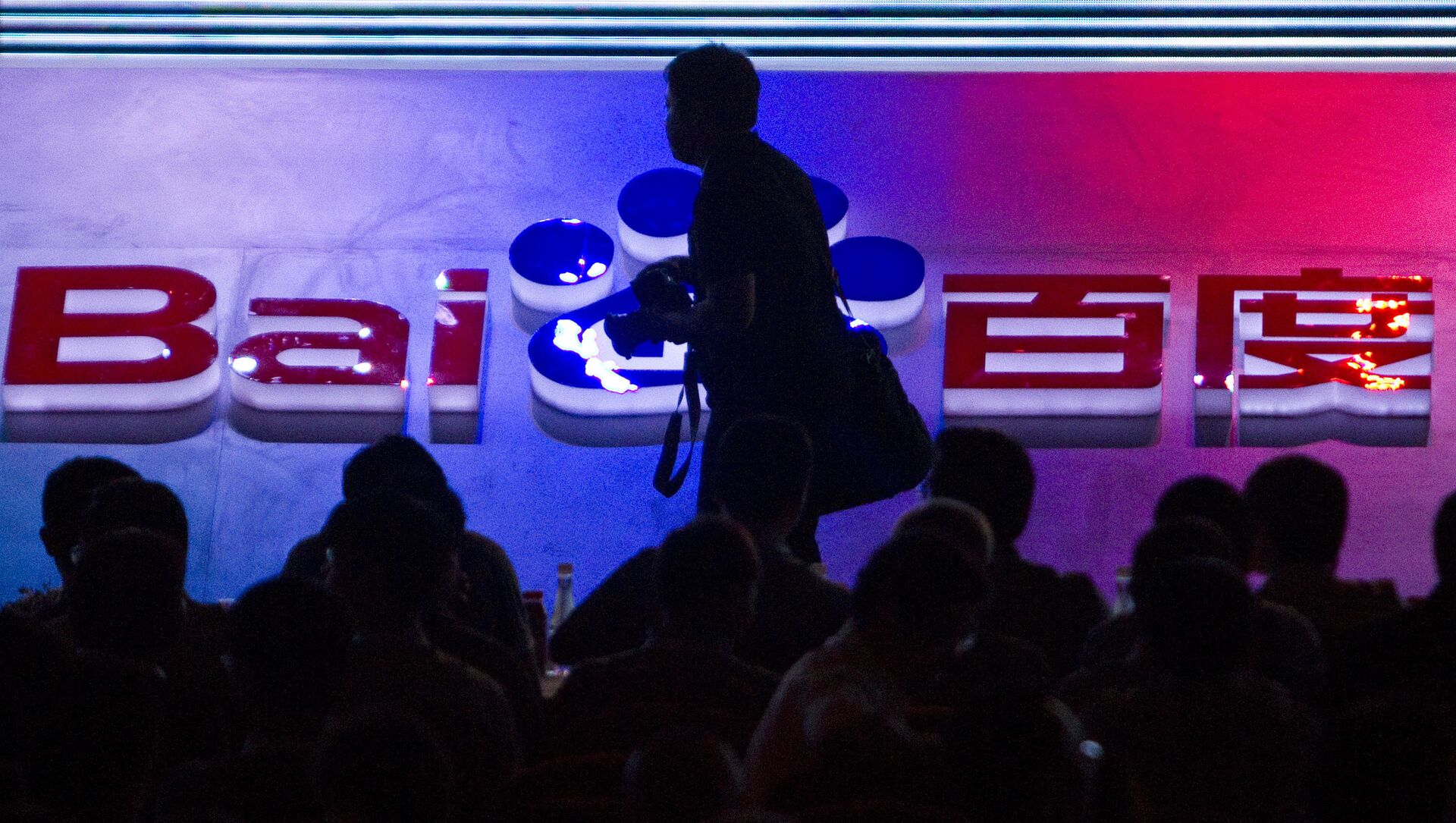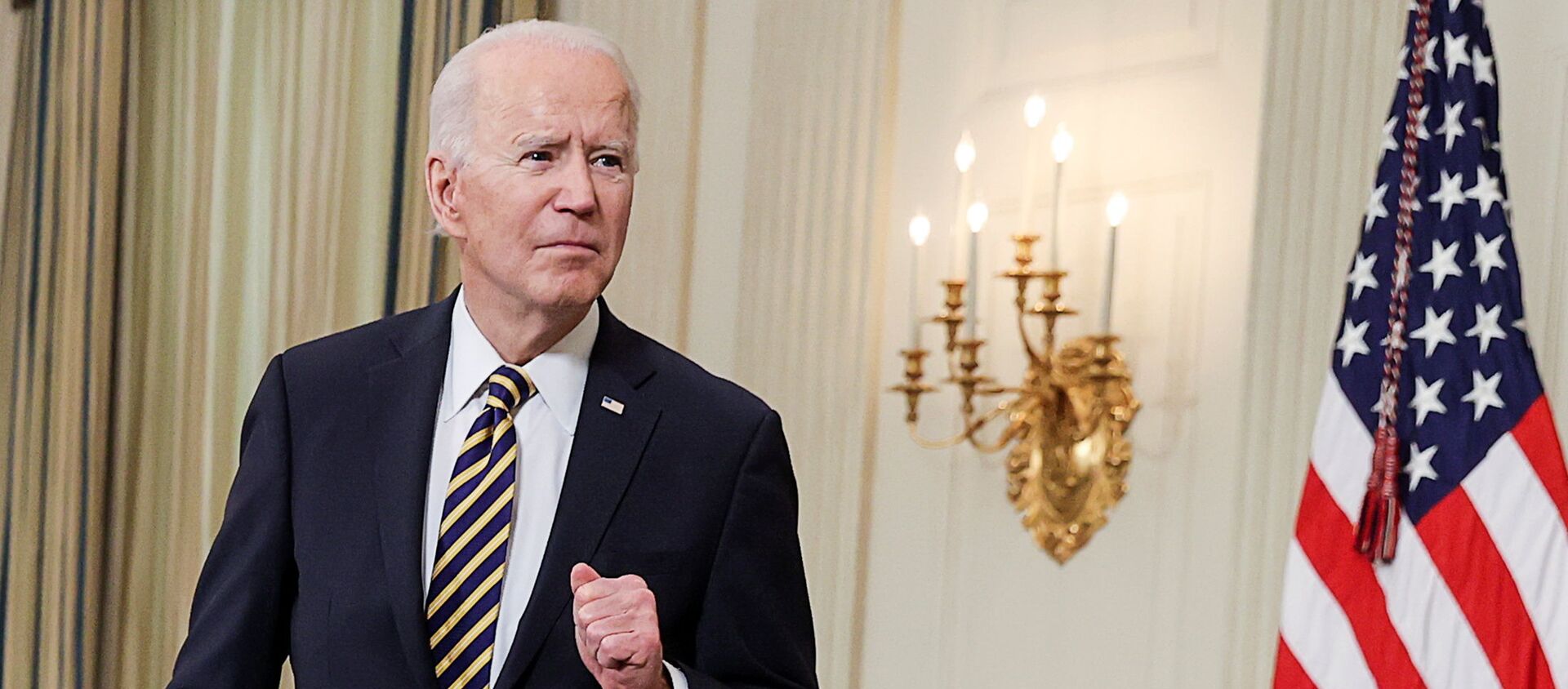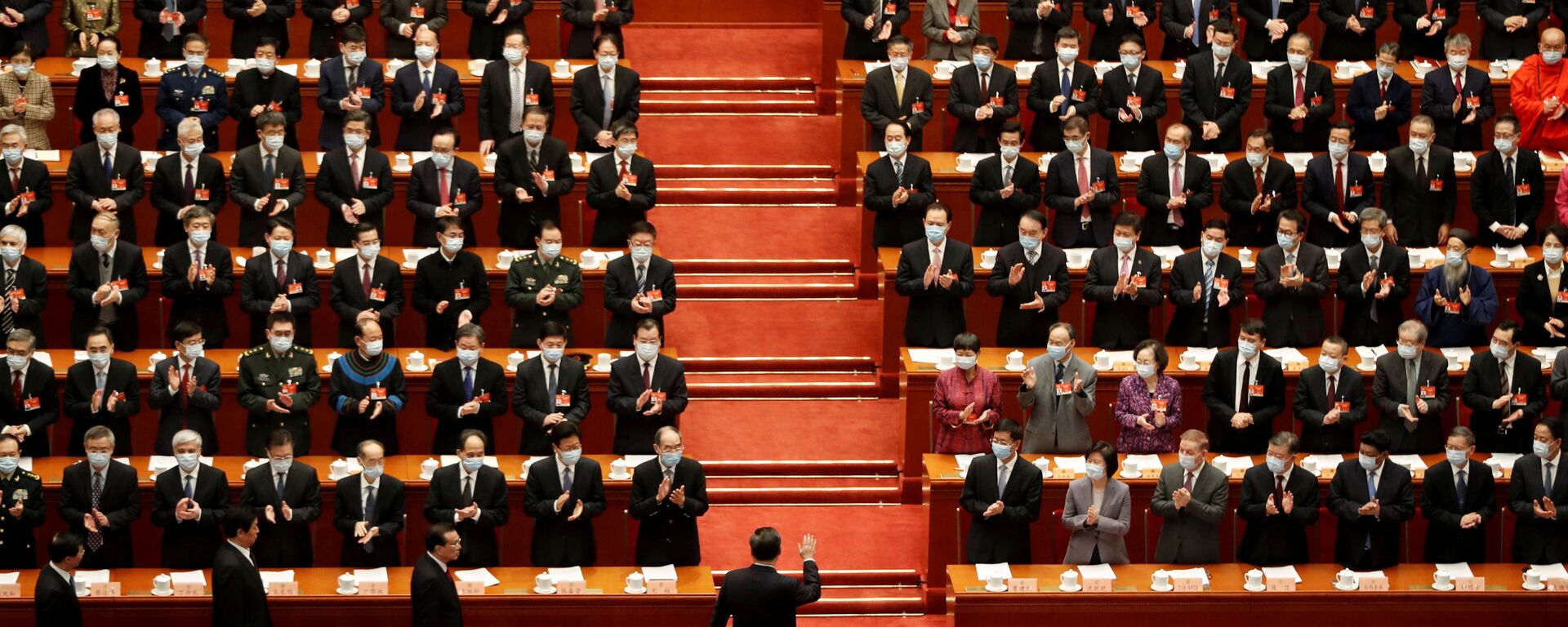Chinese search engine giant Baidu announced on Monday it had completed a round of fundraising for the firm's artificial intelligence (AI) chip wing Kunlun.
Baidu's chipmaking unit has been valued at $2bn, according to a source with knowledge of the matter speaking to Reuters.
Chinese private equity firm Citic Private Equity Funds Management (CPE) led the fundraising round, according to the source, who added IDG, Legend Capital and integrated circuit industry fund Oriza Hua were also investors.
“Kunlun chip business has recently completed a round of financing. We will release more information in due course," Baidu said in a statement on Monday as cited by Reuters.
The Chinese tech giant and its investors declined to comment on the matter.
Baidu is listed on the Nasdaq and set a target of $3bn USD to launch a second listing on the Hong Kong Stock Exchange, the report added.
The firm entered talks to raise money with investors in February, according to sources speaking to CNBC. Venture capital firms GGV and IDG Capital had been initially named as investors for the talks.
Beijing has launched numerous investment initiatives in recent months, namely amid the ongoing US trade war with China. The nation's State Council launched a $1.4tn initiative along with a $788bn private equity firm in May last year
The China Electronics Standardisation Institute (CESI) also launched an initiative in January, joined by Huawei Technologies, its chipmaking arm, HiSilicon, and Shanghai-based semiconductor giant SMIC to outline standards in China's chipmaking and integrated circuit industry amid the ongoing trade war.
An ongoing semiconductor shortage caused by the trade war and spiking demand for electronics has sparked further measures to boost capacity.
China launched the measures after numerous mainland firms were blacklisted in May 2019 by the former Trump administration, who blocked the tech companies from doing business with the US and restricted their access to semiconductors, software and other components.




